Key Differences Between SSL Certificates and Code Signing Certificates
Are SSL Certificates and Code Signing Certificates the Same?
The answer is NO. However, there are some similarities between an SSL certificate and a code signing certificate:
- Both a Code signing certificate and an SSL certificate are X.509 digital certificates that are used for cybersecurity.
- They both use Public Key Infrastructure (PKI).
- Users see a security warning in the absence of a Code signing certificate and an SSL certificate.
- With both certificates, the certificate authority validates the applicant’s credential before the issuance.
- The main purpose of both of these certificates is to protect end users from becoming victims of cybercrime.
But, the similarities end there!
Code Signing Certificate vs. SSL Certificate
These are the key difference between a Code signing certificate and an SSL certificate.
Usage:
An SSL certificate is used to secure websites. It secures the data transferred between a users’ browser and a website’s server. An SSL certificate is installed by the website owner/webmaster.
A code signing certificate is used to protect downloadable software such as device drivers, applications, executables, and scripts. A code signing certificate is purchased and used by software developers/publishers.
If you are in the business of developing downloadable software and own a website for your software, you need both a code signing certificate and an SSL certificate.
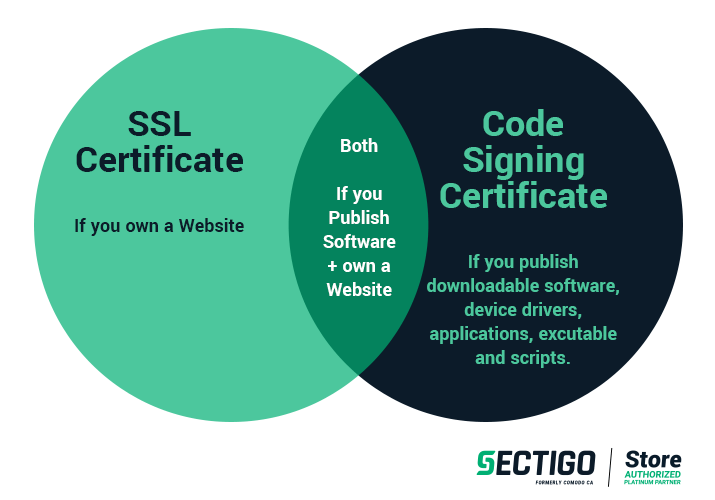
Function:
SSL certificates enable a secure connection between a browser and server to facilitate encrypted data transfer. In simple words, the data website visitors send to your website (names, emails addresses, passwords, bank details, credit card numbers, CVV, etc.), is encrypted using strong 256-bit symmetric encryption when you install an SSL certificate on your website. So, any man-in-the-middle (read hacker) can’t read, interpret, or misuse your clients’ data.
Code signing certificates don’t encrypt the software itself: instead, they hash and sign the entire software. This is like putting a digital signature on the whole code. If someone in the middle changes the code, the hashing value changes, indicating to the user’s computer that the software is different from the original one; so it might be unsafe to execute. This is how a user who is trying to download the software can protect themselves from installing malicious software and becoming the victim of a cybercrime.
Additionally, the software developer can be alerted to tampering of their software before it’s too late. So they can publish a new file to control the damage at the earliest stage.
Identity Verification:
In both cases (an SSL certificate or code signing certificate) the certificate authority (CA) verifies the identity of the applicant before issuing the certificate.
With an SSL certificate, the CA makes sure that you own the domain for which you have applied for an SSL certificate. To verify this, the CA sends an email to a particular email address like [email protected], or [email protected] with a verification link or asks you to place a verification file in a specific location on your server. If you’ve chosen an organization validation (OV) or extended validation (EV) SSL certificate, you also need to provide your business registration number or ID, registration date and full legal business name, physical address, phone number, etc. to the CA. They will verify your legal business registration using an online government database and/or third-party online listings. In some cases, you may need to provide a legal opinion letter that is signed by an active lawyer or accountant.
For code signing certificates, the CA will verify your business registration details, address, and telephone number. For individual developers, the CA requires you to present a notarized form that validates your government-issued photo identification and then complete a phone call verification.
Identity Attachment:
SSL certificate: Once the CA verifies the applicant’s identity, it ties the certificate’s public/private keys to the website URL, enables HTTPS (in place of HTTP) and displays a padlock sign in the address bar. When you click on the padlock sign and go to ‘certificate,’ you can see the website’s name for which the SSL has been issued, name of the issuing authority, issuance and expiry dates. With an EV SSL certificate, the company’s legal name is also shown in the address bar along with the padlock sign. This identity attachment assures your website visitors that you are the same company as you claim to be.
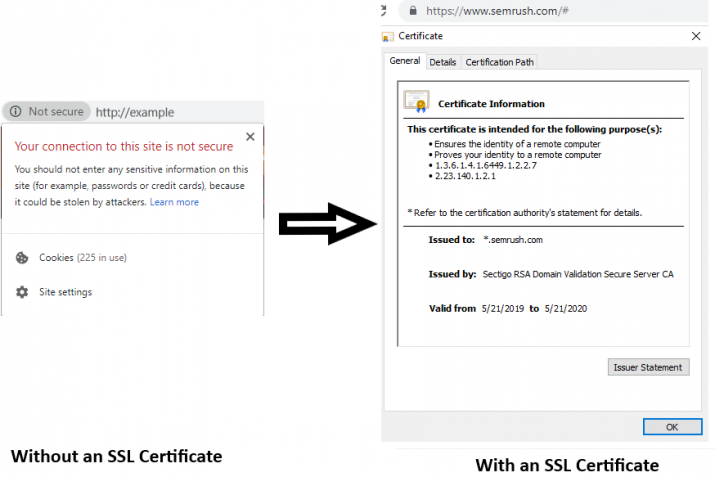
Code signing certificate: After the entire vetting process, Code signing certificates allow you to put a unique, verified digital signature on the piece of software or code you have developed. It gives a chance for buyers to check the original publisher.
When your buyers can see the verified publishers’ name on the software they are downloading, instead of ‘unknown’ publisher, it gives them confidence that the product they are downloading is safe and comes from the intended publisher.
Cost Of SSL & Code Signing Certificates
A basic domain validated (DV) SSL certificate starts from $10/year, while single domain organization validated (OV) SSL starts from $48/year and extended validated (EV) SSL $88/year.
A wildcard SSL to secure unlimited subdomains starts from $85/year. While multidomain SSL for securing multiple domain names under a single certificate starts from $29/year.
The basic OV Code signing certificate starts from $80/year, and the Extended Validated (EV) Code signing certificate starts from $300/year.
Discounted rates and only available on www.SectigoStore.comWarranty
Any paid SSL certificate comes up with a warranty. In an unlikely event of encryption failure, the CA will reimburse the damages up to the warranty amount to the victim. So, it works like liability insurance. The warranty ranges from $10,000 to $1,750,000, depending on the type of SSL certificate you are getting. Do consider the warranty amount while choosing the right SSL certificate for your business.
Code signing certificates don’t usually offer a warranty.
Expiration
When your SSL certificate expires, if it is not renewed the users will see a security warning page such as below every time users try to open your website.

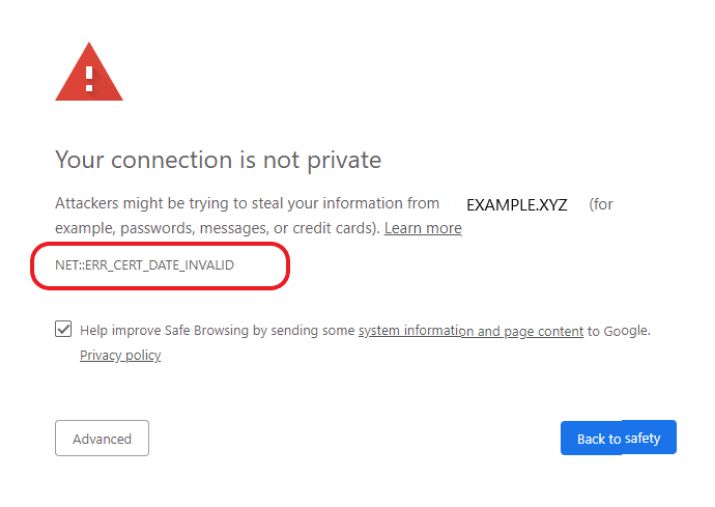
When a Code signing certificate expires the users may see a security warning. However, the verified publisher’s name will be still there if the publisher has utilized timestamping. The timestamp is a digital signature which you can add to your software by using your unique private key. This digital signature will stay good forever, even after the Code signing certificates expires. A timestamp shows that the software was signed by the original publisher while the certificate was valid, so the publisher of the software is the same as it was at the time when the software was published.
The Extra Benefits of EV Validation
SSL certificate: When you get an Extended Validated (EV) SSL certificate, your organization’s legal registered name is displayed in the address bar before your domain name. It provides the highest level of trust to your users. Plus, you will also get a dynamic site seal. It’s a small clickable image posted on each encrypted webpage. When users click on the seal, they can see real-time details of the SSL certificate, issuer, physical address, expiry date, etc. A timestamp is a visual indicator of trust.



EV Code signing certificate: You will receive an external hardware USB device that contains the private key. Now, the private key is secured in both ways-physically and digitally. This provides two-factor authentication. Only those who have the physical device can sign code with your EV Code signing certificate. It provides robust authentication and enhanced security. Plus, Microsoft SmartScreen trusts EV Code signing certificates. Microsoft SmartScreen considers reputation scores, and for new developers, it can be difficult to gain enough reputation to avoid their software getting flagged as potentially suspicious. So, for new developers, an EV Code signing certificate is the only way to prove their trustworthiness to users.
Code Signing Certificate Vs SSL Certificate: Differences Explained
| SSL certificate | Code signing certificate | |
| Used for |
|
|
| Type |
|
|
| Price (starting range) |
|
|
| Extra benefit of Extended validation |
|
|
| After Expiration of certificate |
|
|
| Warranty |
|
|
| Buy Now | Buy Now |














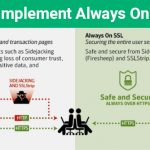







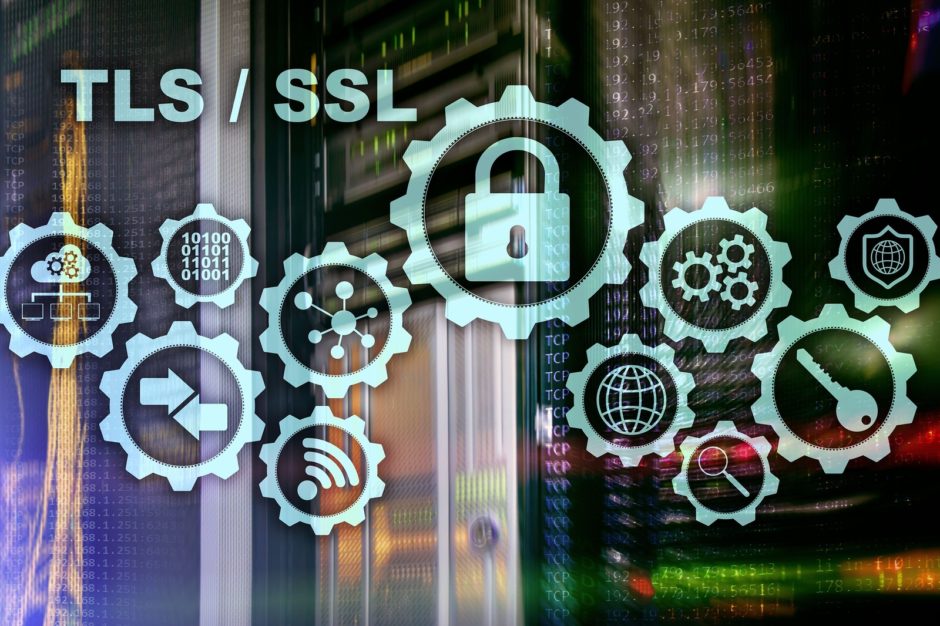

 (14 votes, average: 4.36 out of 5)
(14 votes, average: 4.36 out of 5)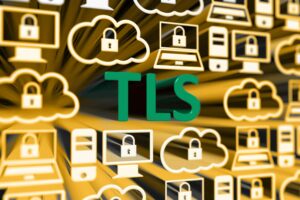


![The TLS Handshake Explained [A Layman’s Guide]](https://sectigostore.com/blog/wp-content/uploads/2023/01/tls-handshake-feature-300x200.jpg)



No comments